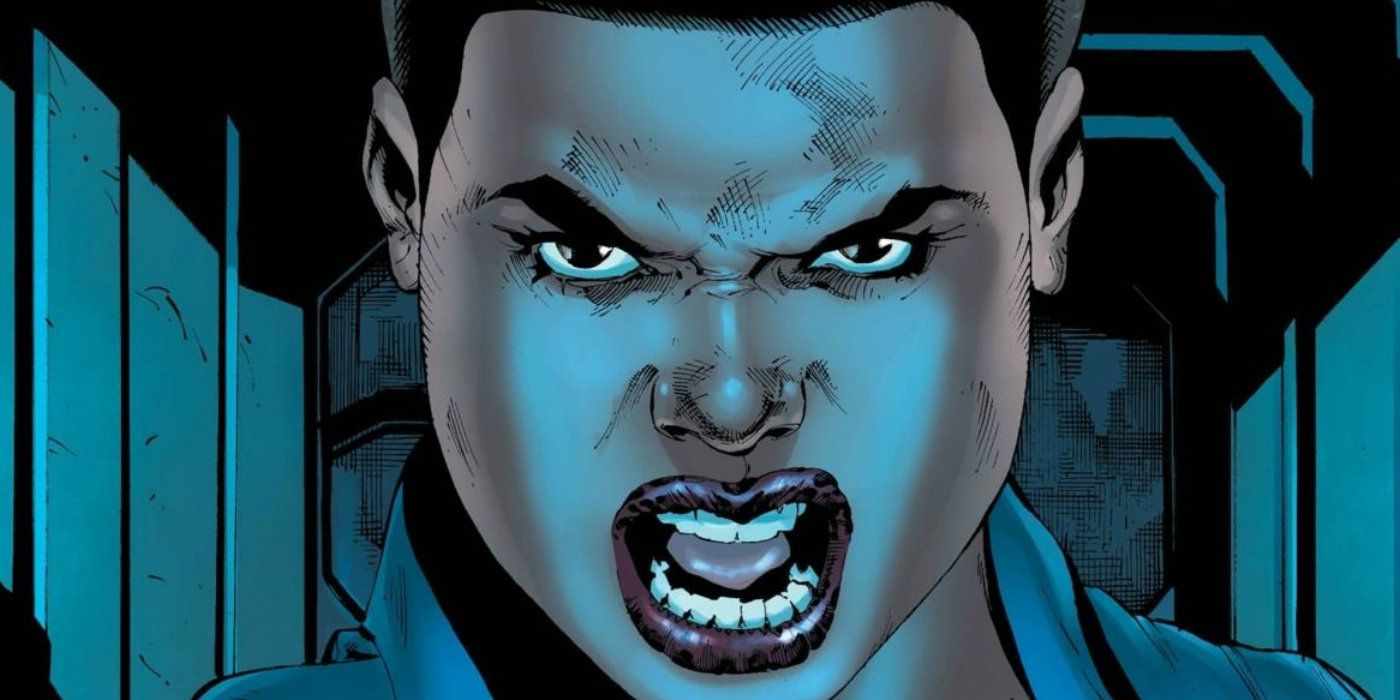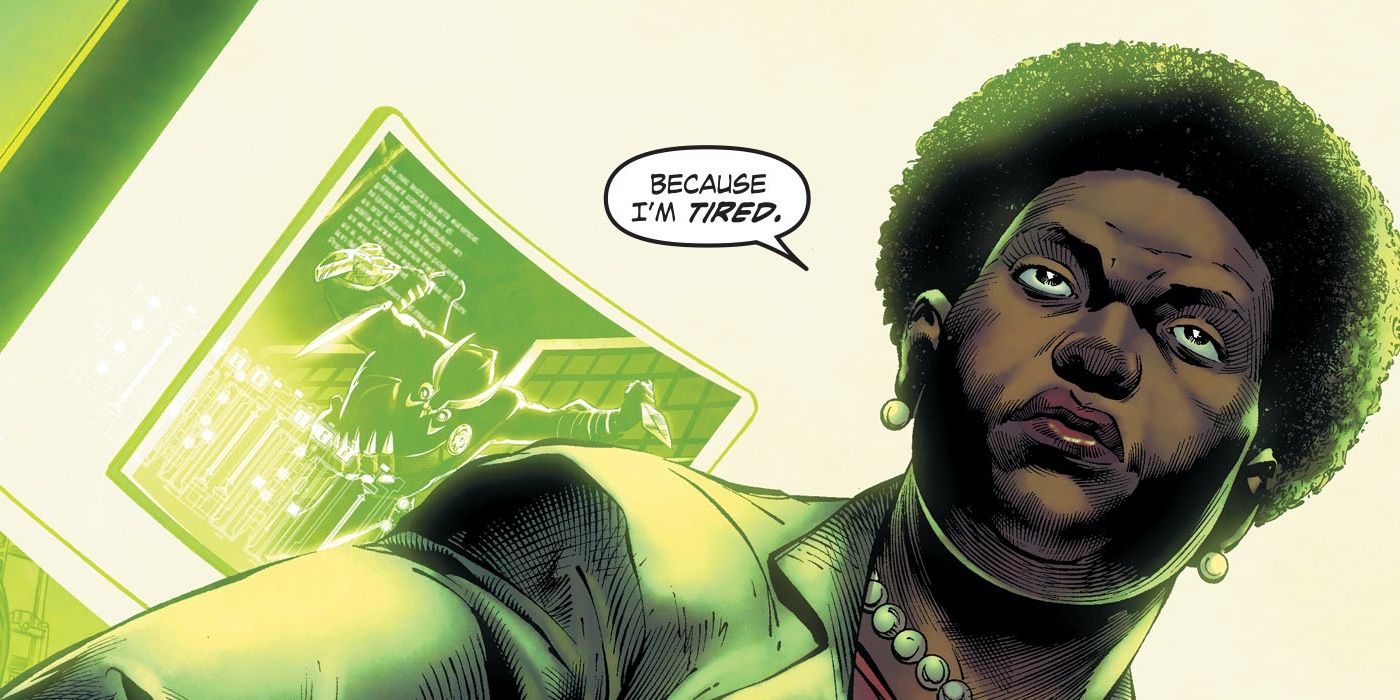Spoilers for Suicide Squad #1 ahead!
Christopher Nolan’s series of Batman films featured a more grounded, down to Earth view of the Dark Knight—one who violated international boundaries and carried out surveillance on ordinary citizens, and now Amanda Waller, one of DC’s best villains, is taking the Nolan approach to DC’s Multiverse in Suicide Squad #1.
Since her introduction in Legends #1 in 1986, Amanda Waller has been a formidable presence in the DC Universe. As the director of Task Force X, better known as the Suicide Squad, Waller assembles teams of villains to carry out dangerous missions, granting them amnesty in exchange. Waller has deep connections that run throughout the DC Universe, including governments and various intelligence agencies. She has an iron will and does not take “no” for an answer. And now, at the beginning of Infinite Frontier, Waller has expanded her ambitions to the rest of DC’s Multiverse. This may have repercussions in the future, as Future State saw her sealing the world off from the Multiverse.
Rick Flagg, the Squad’s leader, confronts Waller at the beginning of the issue over her new plans, accusing her of “escalation.” Among Waller’s new plans are creating a rival Justice League and kidnapping people from different universes. Waller informs Flagg that she is tired—tired of creating new Squads only to watch them die, and she is mostly tired of losing. The two argue back and forth, with Flagg adamant that Waller is going down a dark path. The two eventually come to blows, and Flagg is removed from the Squad. The tactics that Waller takes mirror many of Batman's actions in Nolan's series of films.
Flagg mentions “multiversal kidnappings”—here referring to Waller kidnapping Connor Kent (Superboy) for her own purposes. In The Dark Knight, Batman kidnapped Lau, who had ties to Gotham’s criminal underworld, from Hong Kong to bring him to Gotham to stand trial. Flagg’s accusation of Waller’s “escalation” could certainly be applied to Batman’s actions in the movies—at the end of The Dark Knight Batman set up a surveillance system to monitor all of Gotham, a move heavily opposed by Lucius Fox, and indeed their falling out mirrors Flagg and Waller’s in this issue. What is truly interesting to note is how they are perceived: Waller is clearly depicted as being in the wrong whereas Batman was lauded as a hero; Nolan’s films were made in a post-9/11 context and Batman’s actions reflected that. The surveillance state and the notion of sacrificing liberties for security were very much on people’s minds at the time—The Dark Knight tackles these themes head on. But times have changed, and Waller’s approach seems extreme today.
Amanda Waller is one of the most layered and fascinating characters in the DC Universe, and now she is preparing to play in the largest arena of her life: the Multiverse. Batman’s actions in the Nolan films are echoed in Waller’s actions in Suicide Squad #1, written by Robbie Thompson, pencils by Eduardo Pansica, inks by Julio Ferreira and colors by Marcelo Maiolo. The issue is part of DC’s Infinite Frontier era and is now available in stores and on all digital comics platforms.


